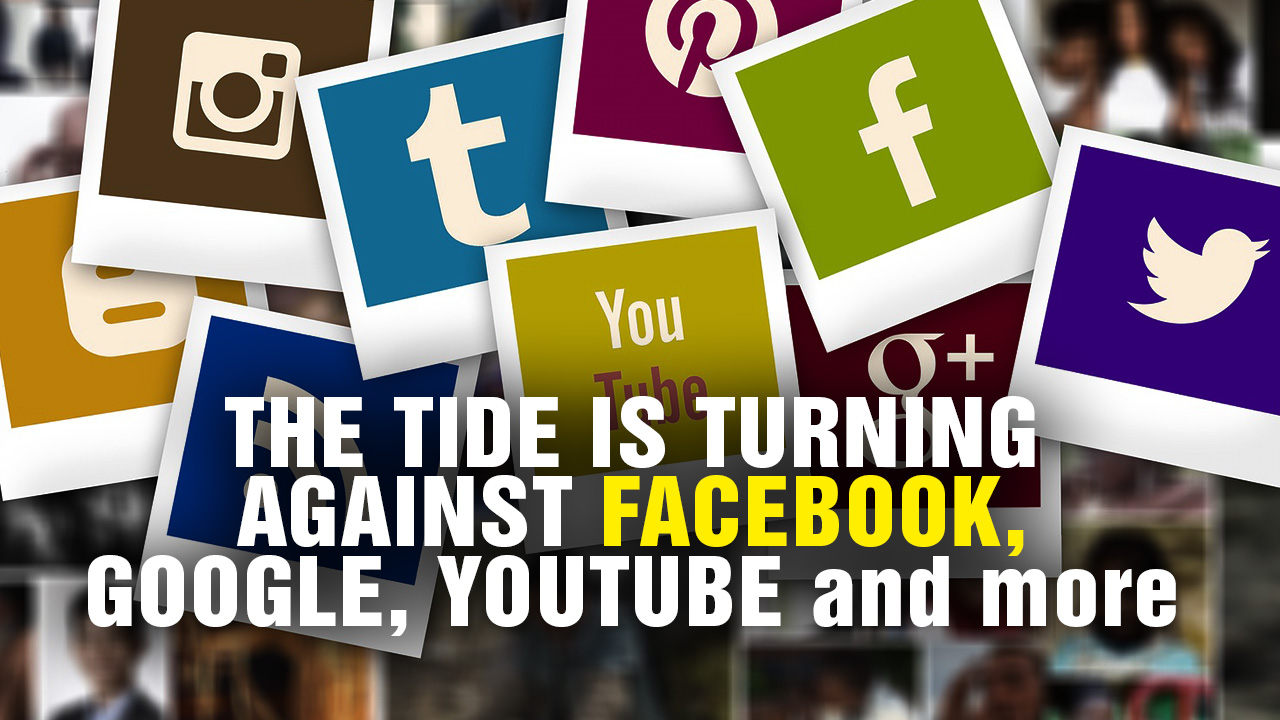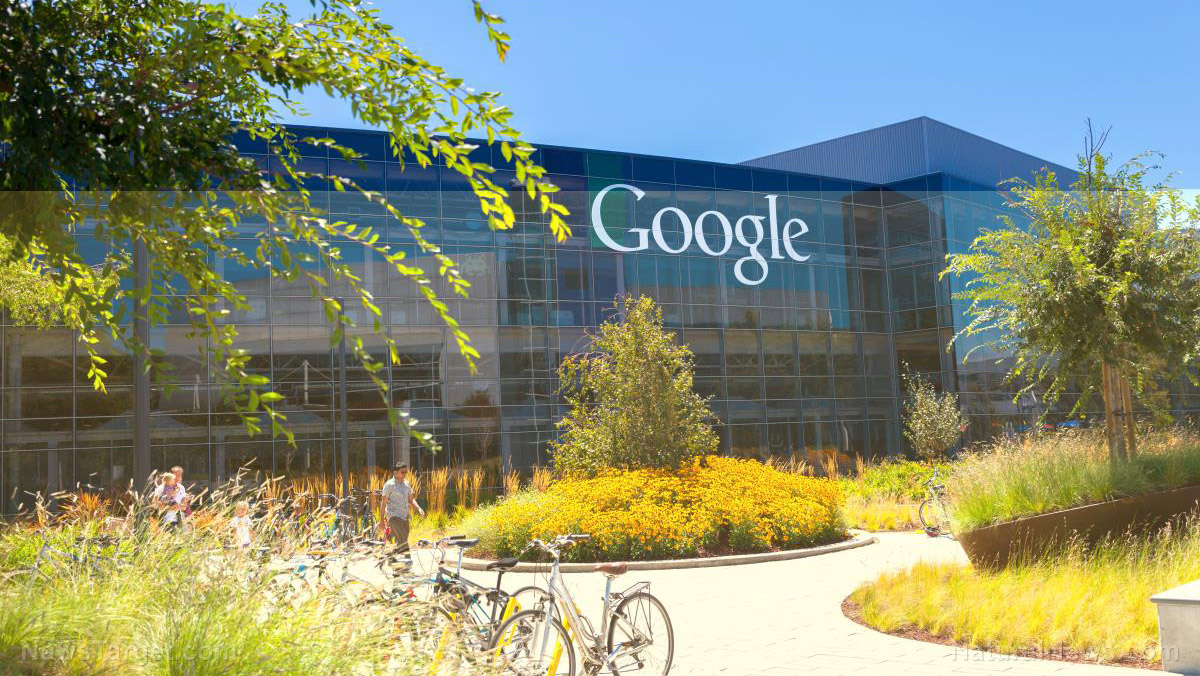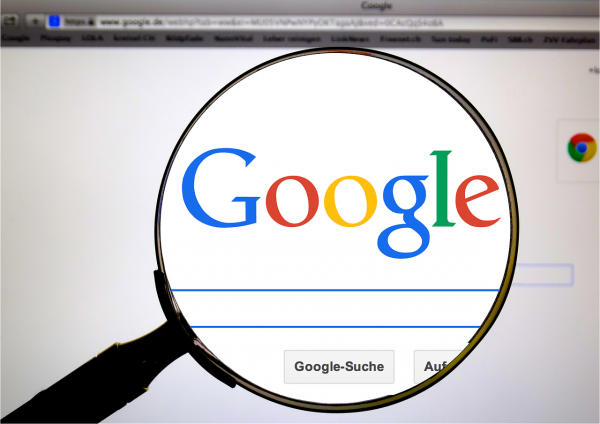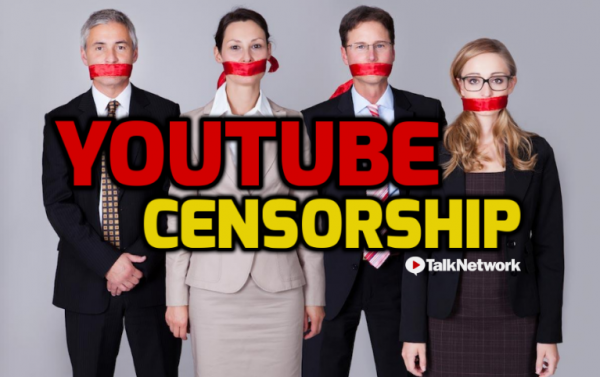Google has a frightening amount of control over the internet, and although one of their past mottos was “Don’t be evil,” they seem to have a different set of rules when it comes to dealing with Christians and conservatives.
The firm recently informed the CEO of Concordia Publishing House, Bruce Kintz, that they were banning ads related to their cph.org domain, which sells religious books, music and other items related to their conservative Lutheran denomination.
He was told that the problem was related to the fact that items featured in the ad and on their website refer to the Bible and/or Jesus and that such references would need to be removed before they could be considered for reinclusion.
Kintz posted on Facebook: “[A CPH associate] was told, as an example, that things like our bible challenge on our [Vacation Bible School] webpage would clearly need to come down before they could consider us for ads.”
Interestingly, the ad type in question is remarketing ads, which are shown to people who once visited a website but didn’t buy anything later on in hopes of attracting them back. In other words, the people who saw these ads in the first place would have already visited their site and presumably don’t find the idea of Jesus or the Bible offensive.
A steadfast Kintz said his firm refuses to compromise their beliefs to meet Google’s demands. On the contrary, he feels it’s now even more important than ever to spread the word as society’s hostility toward Christians grows.
This is all pretty typical behavior for Google, who regularly abuses its power in this and many other ways. They might not be able to remove websites they don’t agree with from the internet entirely, but they can certainly ensure these sites are buried so far down the search results that few people ever see them.
Google also likes to wield its power to bury conservative sites, and this bias is also seen in their corporate culture. The firm is currently facing a class action lawsuit filed by former employees for discrimination based on political views and the fact that they were white males. One engineer said he was fired after he wrote a memo expressing concerns about the firm “alienating conservatives” at its head office. The suit also indicates that managers at the firm created blacklists of employees known to have conservative beliefs so they could avoid working with them on projects and pass them over for promotions.
Earlier this year, they were accused of censoring conservative media sites like Breitbart and WND by giving them “fake news” warnings. Last year, Google blacklisted Natural News from its search results for six days without justification; it was only restored after very vocal backlash.
Christianity under attack in California
In California, where Google’s headquarters are situated, lawmakers are considering a new bill that could essentially criminalize the Bible. The amendment would outlaw goods like religious texts that deal with topics related to gender and sexual orientation. Presumably, if certain sections were not edited out of the Bible, it would become illegal to sell it there. It will be interesting to see if something like this can pass because it looks like a clear violation of the constitutional freedom of religion.
Kintz is right: Christianity is indeed under attack, and the great irony is that those who accuse Christians of being intolerant are not practicing what they preach. See Antichrist.news for more stories about attacks on Christianity.
Sources for this article include:
ChristianJournal.net
WND.com
NaturalNews.com
NaturalNews.com


















